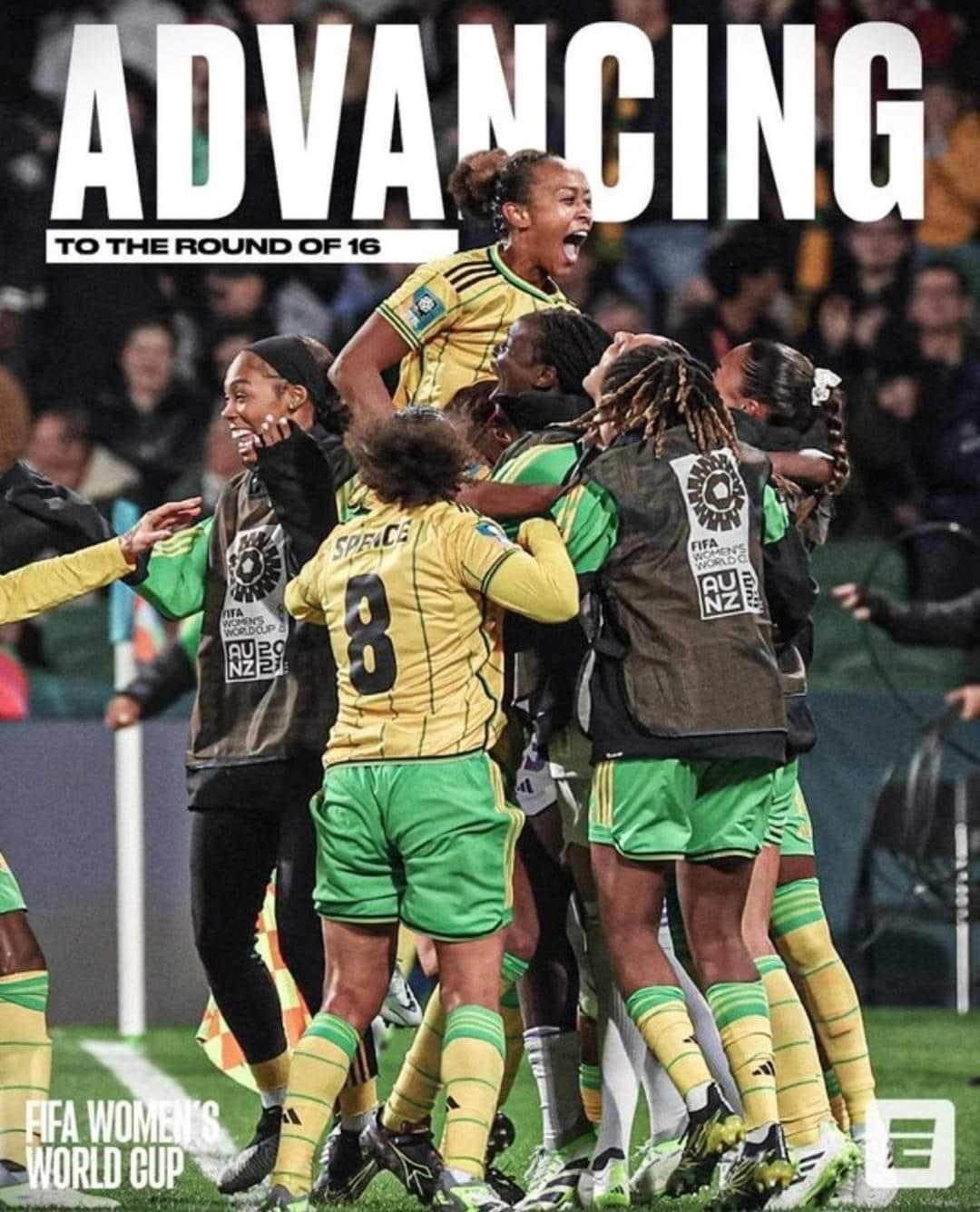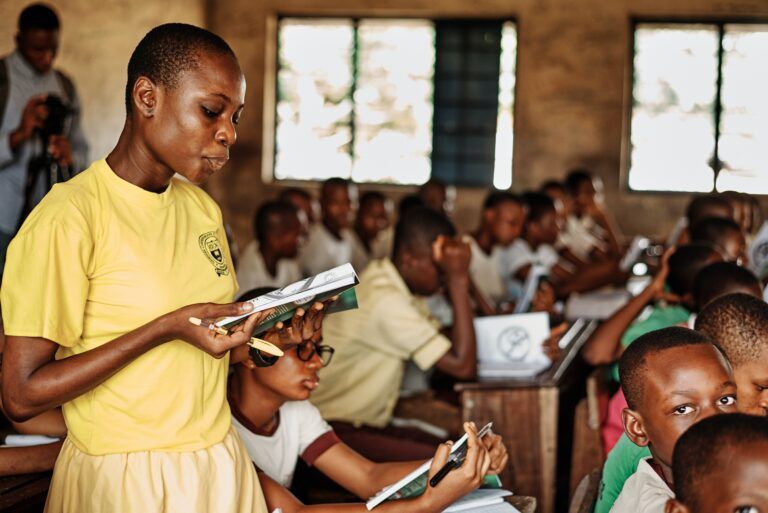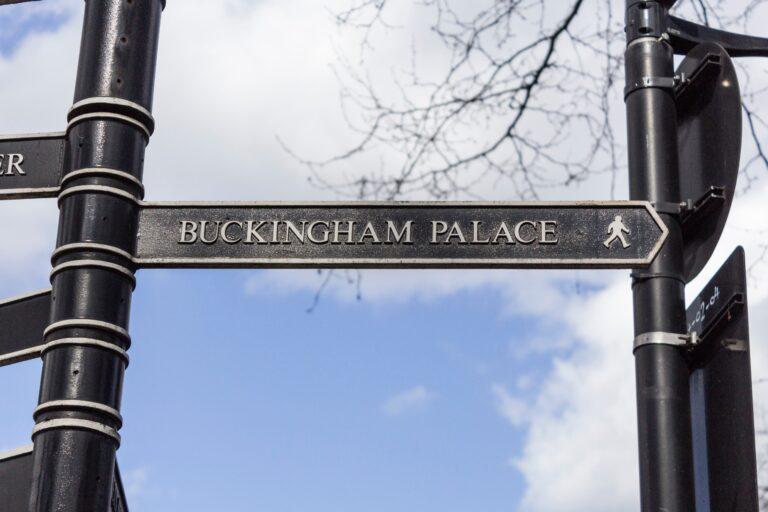Congrats Reggae Girlz: Now we need a national sports policy

On Wednesday 2 August 2023, Jamaica’s Reggae Girlz battled to a nilI-all draw with the vaunted number 8 ranked Brazilian team in Melbourne, Australia, knocking them out of the 2023 FIFA Women’s World Cup competition and securing for Jamaica a spot in the round of 16 or knockout round. The accomplishment, in and of itself, is as historic as it has been inspiring, and it sent the nation of 2.8 million people into a frenzy. As the news of the team’s advancement spread, Jamaicans at home flew out into the streets across the island with pot-covers clanging, vuvuzelas screaming, and motorists honking their horns. Out of nowhere, Jamaican flags (some of which were perhaps being prepared for the upcoming independence celebrations) were unfurled as the Reggae Girlz had given the island an early 61st birthday present. The sense of nationalism needed around this time was given an immediate boost, with politicians, members of the business community, naysayers, and band-wagonists, alike, flooding the social media space with plaudits for the team.
Reggae Girlz history
Let me state, unequivocally, that like most Jamaicans, I have not been a diehard football fan, least of all a fan of the Reggae Girlz, even though I have been attuned to their exploits for the better part of the last six or seven years. In the course of that time, I have been quite aware of their history of struggles. Theirs is a story of mainly challenges rather than triumphs. They are a product of the Jamaica Women’s Football Association which was founded in 1987 by Andrea Lewis. The team played its first international game against a Haitian side in April 1991, which it lost by a goal to nil. 0-1. Three years later in August 1994, the team was hammered 10-nil by the United States Women’s team. The team would qualify for the CONCACAF Women’s Gold Cup in 2002, as well as in 2006 when they finished in fourth place.
Problem of lack of funding
In 2010, the Jamaica Football Federation pulled the plug on the women’s football programme for lack of funding. The decision stunted the development of the women’s game and prevented them from participating in the qualifiers for the 2011 FIFA Women’s World Cup. Three years later in 2014, Cedella Marley was named as the team‘s official ambassador and helped the team with their fundraising efforts which included the June 2014 launch of the team’s fundraising campaign “Strike Hard for the Reggae Girlz” to raise US$50,000 to pay for practices, travel expenses, housing, nutrition, and equipment in preparation for the 2014 CONCACAF Women’s Championships and with the hopes of qualifying for a spot in the 2015 FIFA Women’s World Cup. The rest, as they say, is history.
Despite not finding their way to the FIFA World Cup in 2015, the Reggae Girlz qualified for the World Cup in France in 2019, and even though they did not win a single game in that tournament, the team remained undeterred. As if to prove that 2019 was not a fluke, the Reggae Girlz not only qualified for the 2023 Tournament, but they also held number 5 ranked France to a 0-0 scoreline, defeated Panama by 1 goal to nil, and held number 8 ranked Brazil to a goalless draw and in the process secured a place in the round of 16. If that isn’t a Cinderella story, I have no idea what else it could be.
Harnessing the economic and developmental opportunities from sports
The issue of lack of funding for the team has been its Achilles-heel for decades, although the team had been as successful in the past as the male team, and certainly now, far more successful. The team’s current performance has generated significant amounts of goodwill at home and certainly around the world, regardless of the outcomes of the next round. It beggars the issue of the need for the development of a cohesive policy for sports in Jamaica, a policy that goes way beyond photo opportunities, empty promises from politicians and disjointed gratuitous advances by a handful of members in the Jamaican private sector which disappears once the cheering subsides, and the lights goes down at the events. It should be concerning to Jamaicans that despite the demonstrated strength of our youth in the different sporting disciplines over the years which has long been pointing us in a direction that we are more than able to capitalize on, we have done nothing with these opportunities. Perhaps the country is missing out on the need to establish a Ministry of Sports to focus on the massive potential that our most important natural resource- our young people can offer to the country. Let’s face it, Jamaica has for decades demonstrated its athletic prowess, which is leveraged into disciplines such as football, netball, track & field, volleyball, basketball, and cricket. Most of these are sporting disciplines that attract mass participation while providing personal and economic developmental opportunities that can be leveraged both inside and outside of Jamaica.
Urgent need for a comprehensive sports development policy
The time has come to bring the best business brains in the country together to hammer out a comprehensive sports development policy that will attract greater investment and provide the framework on which bankable business proposals can be submitted for financial considerations. Such policy development must incorporate the complete overhaul and rehabilitation of the G.C. Foster College of Sports and Education; establishment of strategically located facilities to promote sports at the wider community levels, establishment of world class physical training centers, physiotherapy, and other sports-related injury treatment centers. We need to introduce a girls equivalent of the Manning Cup Schoolboy Football Competition targeting female football talent among secondary schools. At the same time, we should seek to expand the number of scholarships currently available at our local colleges and universities as an investment in the total development of the athlete and as partial preparation for life after sports.
Investment in sports is an investment in our youth as well as our future
Jamaica’s economic salvation lies in its ability to reshape the paradigms of development and to recognize that it is in our youth that this social and economic salvation lies. It is time that the ministries that represent youth and sport as well as the Ministry of Industry and Commerce really earn their allocations from the national budget and get to work. It is time for all Jamaica to wrap its collective head around this idea and assist in giving our economy a brand-new lease on life through an investment in our youth. If we consider that in 1997 government committed to the investment of US$3.2 billion; a staggering amount of money at the time, and even more stupendous sum today given the current exchange rate as a bailout for the FINSAC misadventure, plus J$2.5 billion to build the now underused Trelawny multi-purpose complex, then we must be able to float a bond to raise the required revenues to give effect to this development programme.
Richard Hugh Blackford B.Sc., M.S (Ed). Managing Director YARDABRAAWD lNTERNATIONAL LLC.






